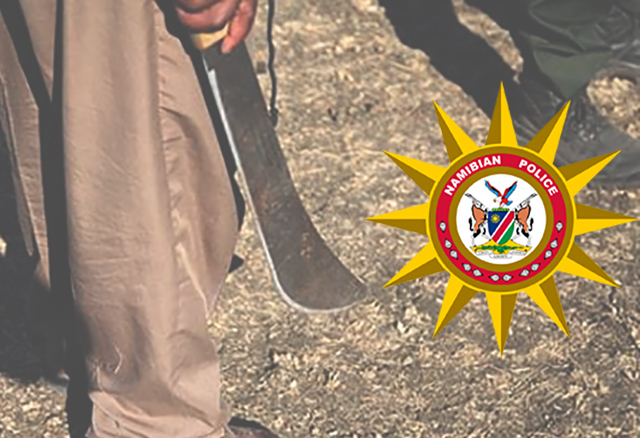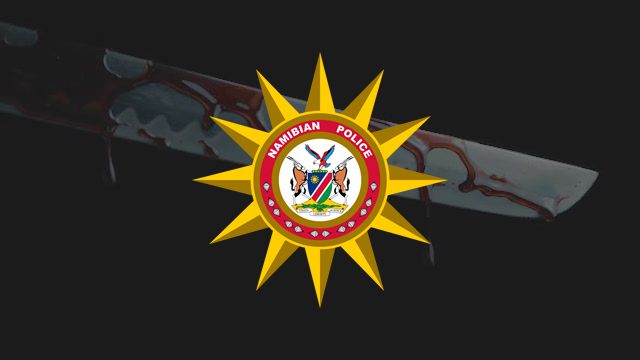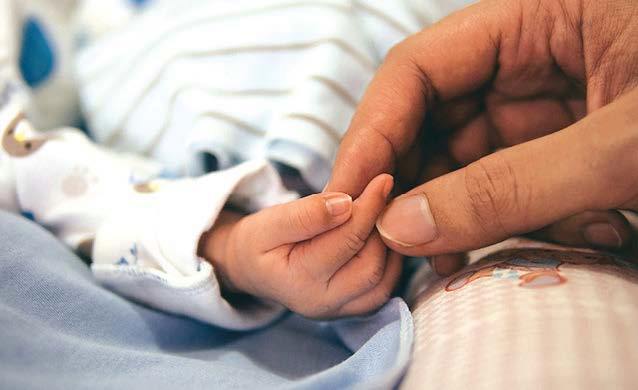JOHANNESBURG – Heineken’s new South African joint venture with Diageo and Namibia Breweries will drive premium sector growth, harnessing their strengths to challenge the mighty SABMiller, Heineken said.
“We will be a rival to reckon with,” Heineken’s managing director for Africa Thomas de Man told Reuters in a telephone interview from Amsterdam, adding that the partners may look at building a brewery in South Africa in the future. “It is really the economy of scale and the joint efforts that will be the difference.We will be able to offer clients a full premium portfolio,” he said.SABMiller has a near-monopoly with over 98 per cent of South Africa’s beer market.But the small and fast-growing premium sector is much more diverse and de Man estimated Heineken and Namibia Breweries’ (NBL) leading Windhoek brand had a combined 30 per cent share of the premium sector.With the first of Heineken’s green-labelled beer brewed by NBL due on the South African market in July, the joint sales, marketing and distribution venture, finalised on April 7, is already starting to alter South Africa’s beer market.The process began when Heineken and Diageo bought a combined 28,9 per cent stake in NBL last year after Heineken ended SABMiller’s contract to brew its leading brand in South Africa, the continent’s leading economy.Industry experts expect Heineken to end SABMiller’s contract to brew Amstel, which leads South Africa’s premium sector with an estimated 800 000 hectolitres a year.The contract expires in 2008 but has legal clauses that could cost Heineken to end it.”This is always a point of discussion within our own company and when the time is there we will look at that of course very seriously.We don’t think that’s a secret,” de Man said.He said that with good growth prospects in the premium beer sector helped by the emergence of a black middle class under the post-apartheid black economic empowerment programme, the joint venture partners would study building a brewery in South Africa.”If you say the next couple of years, then certainly there would be a point where you really look seriously at it.”Outside southern Africa, de Man said Heineken was expecting strong growth in Nigeria, where its Nigerian Breweries subsidiary is already the country’s biggest listed company.Nigerian Breweries ramped up 2003 sales to 5,7 million hectolitres from 4,6 million – out of a 2003 total of 12,7 million in Africa and the Middle East and compared to Heineken’s total consolidated volumes of nearly 99 million hectolitres.De Man, who has spent 33 years with the Dutch brewer, said he also expected growth in the Democratic Republic of Congo.”The economy is getting together again,” he said of the country which with the help of a United Nations peacekeeping force is starting to recover from a civil war which saw foreign armies plundering the mineral-rich nation’s resources.”All those African countries have their ups and downs… we’ve learned to live with that.We are brewers – we are not politicians,” he said.Four of the company’s five breweries in Congo are up and running, with a fifth mothballed.In another war-torn country, Sierra Leone, Heineken’s joint venture with Diageo was forced to shut down for three years at the height of a 10-year civil war.But de Man said it is now installing a new bottling line to help it meet renewed demand.-Nampa-Reuters”It is really the economy of scale and the joint efforts that will be the difference.We will be able to offer clients a full premium portfolio,” he said.SABMiller has a near-monopoly with over 98 per cent of South Africa’s beer market.But the small and fast-growing premium sector is much more diverse and de Man estimated Heineken and Namibia Breweries’ (NBL) leading Windhoek brand had a combined 30 per cent share of the premium sector.With the first of Heineken’s green-labelled beer brewed by NBL due on the South African market in July, the joint sales, marketing and distribution venture, finalised on April 7, is already starting to alter South Africa’s beer market.The process began when Heineken and Diageo bought a combined 28,9 per cent stake in NBL last year after Heineken ended SABMiller’s contract to brew its leading brand in South Africa, the continent’s leading economy.Industry experts expect Heineken to end SABMiller’s contract to brew Amstel, which leads South Africa’s premium sector with an estimated 800 000 hectolitres a year.The contract expires in 2008 but has legal clauses that could cost Heineken to end it.”This is always a point of discussion within our own company and when the time is there we will look at that of course very seriously.We don’t think that’s a secret,” de Man said.He said that with good growth prospects in the premium beer sector helped by the emergence of a black middle class under the post-apartheid black economic empowerment programme, the joint venture partners would study building a brewery in South Africa.”If you say the next couple of years, then certainly there would be a point where you really look seriously at it.”Outside southern Africa, de Man said Heineken was expecting strong growth in Nigeria, where its Nigerian Breweries subsidiary is already the country’s biggest listed company.Nigerian Breweries ramped up 2003 sales to 5,7 million hectolitres from 4,6 million – out of a 2003 total of 12,7 million in Africa and the Middle East and compared to Heineken’s total consolidated volumes of nearly 99 million hectolitres.De Man, who has spent 33 years with the Dutch brewer, said he also expected growth in the Democratic Republic of Congo.”The economy is getting together again,” he said of the country which with the help of a United Nations peacekeeping force is starting to recover from a civil war which saw foreign armies plundering the mineral-rich nation’s resources.”All those African countries have their ups and downs… we’ve learned to live with that.We are brewers – we are not politicians,” he said.Four of the company’s five breweries in Congo are up and running, with a fifth mothballed.In another war-torn country, Sierra Leone, Heineken’s joint venture with Diageo was forced to shut down for three years at the height of a 10-year civil war.But de Man said it is now installing a new bottling line to help it meet renewed demand.-Nampa-Reuters
Stay informed with The Namibian – your source for credible journalism. Get in-depth reporting and opinions for
only N$85 a month. Invest in journalism, invest in democracy –
Subscribe Now!








